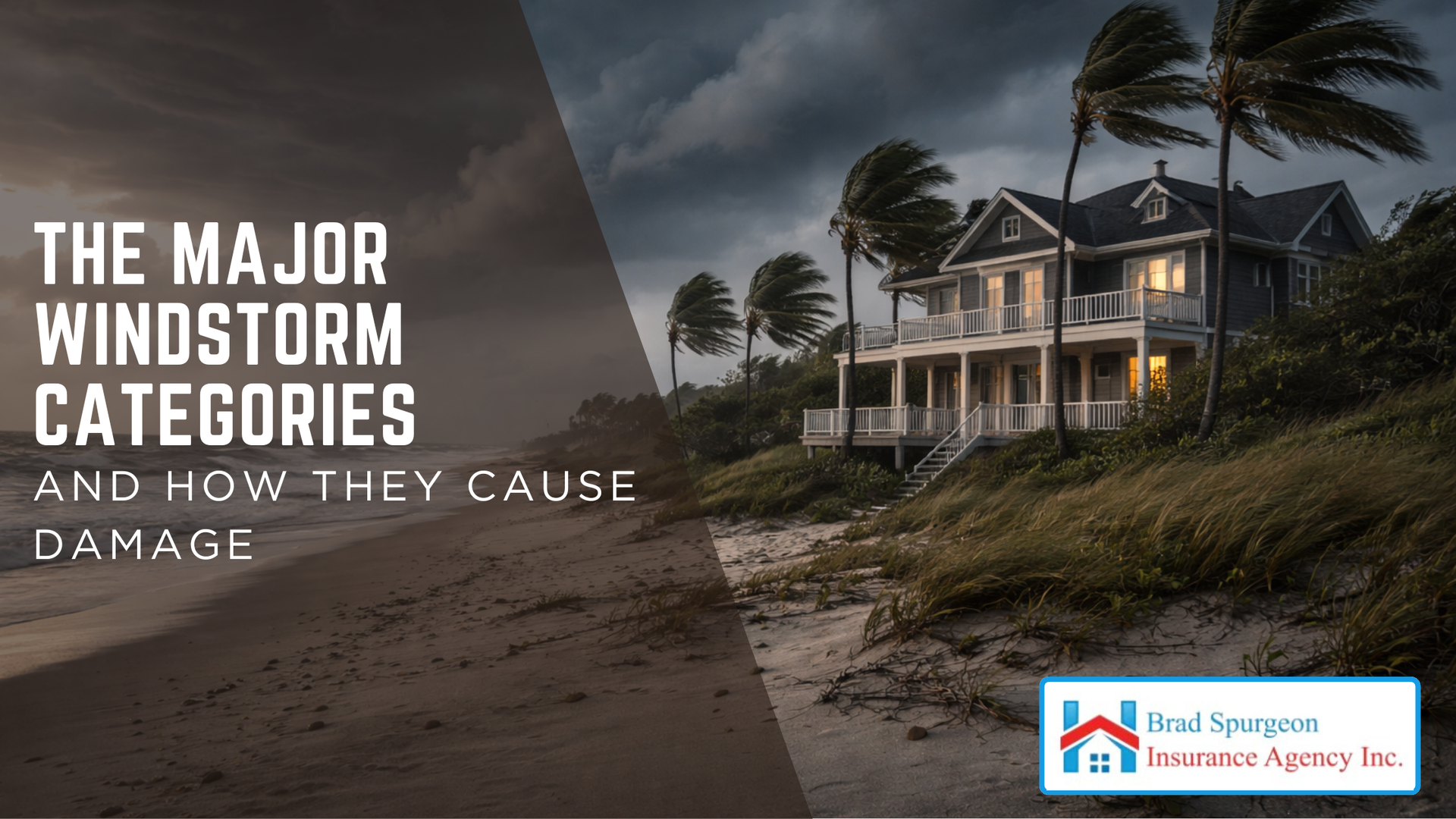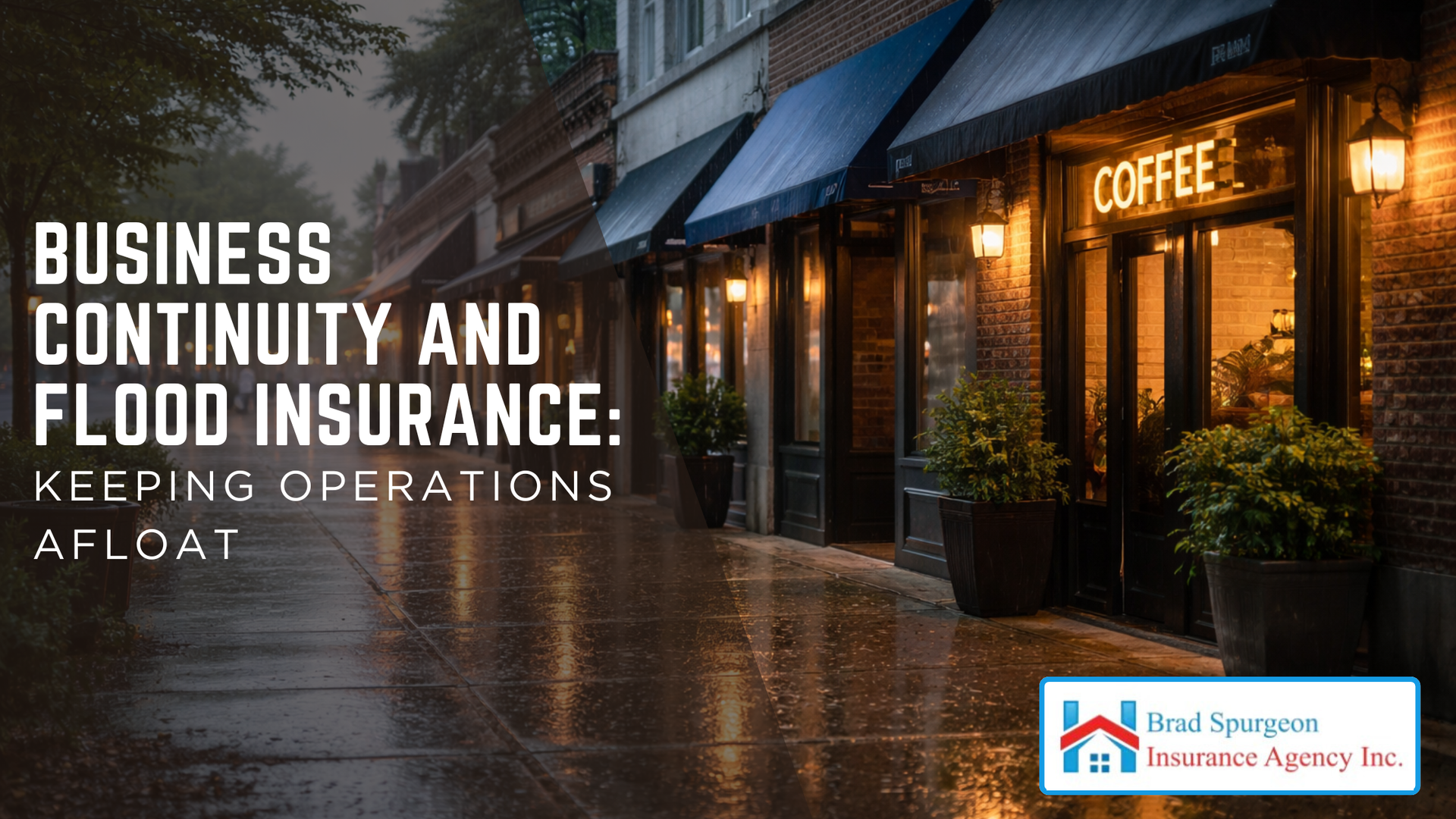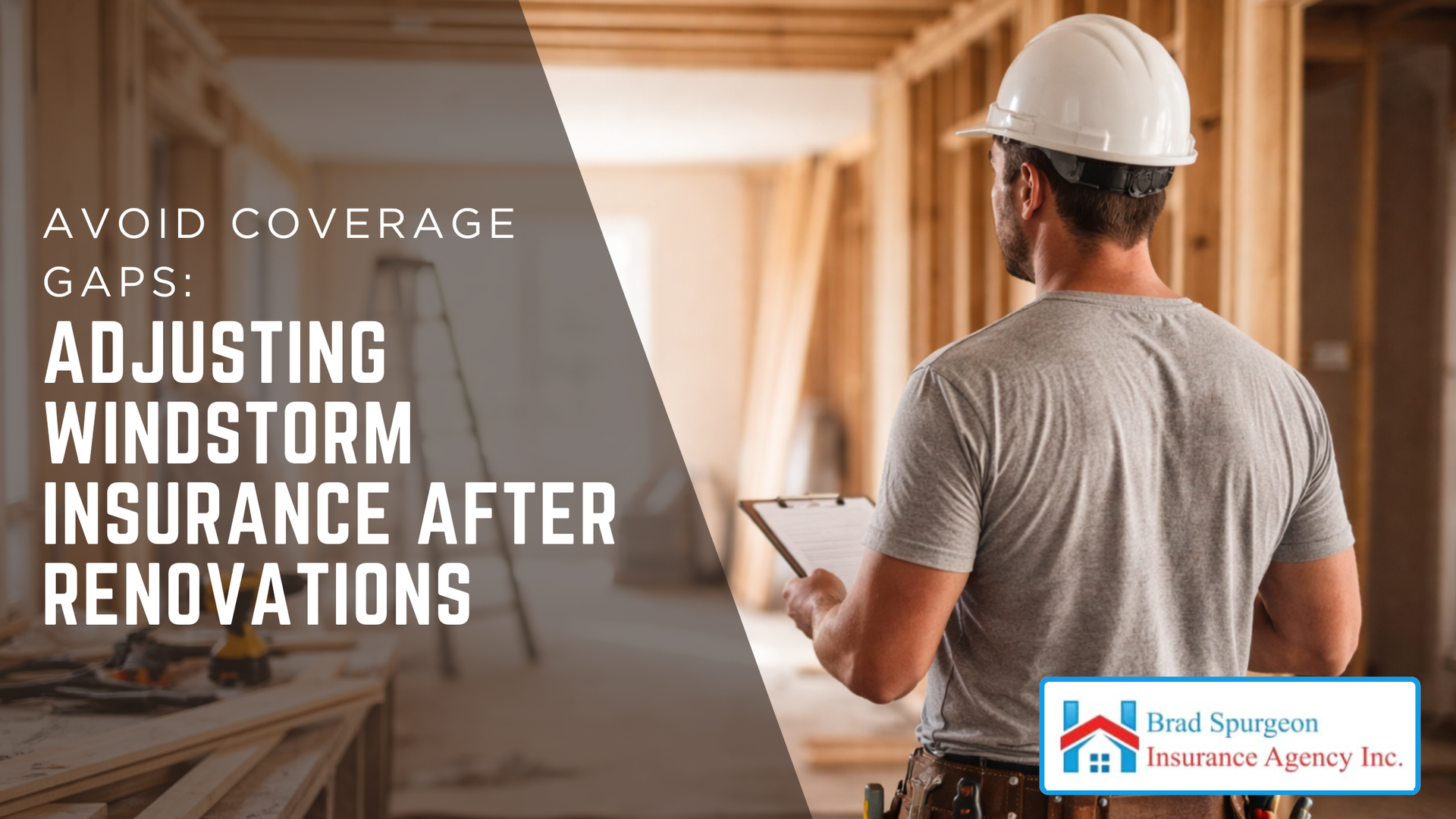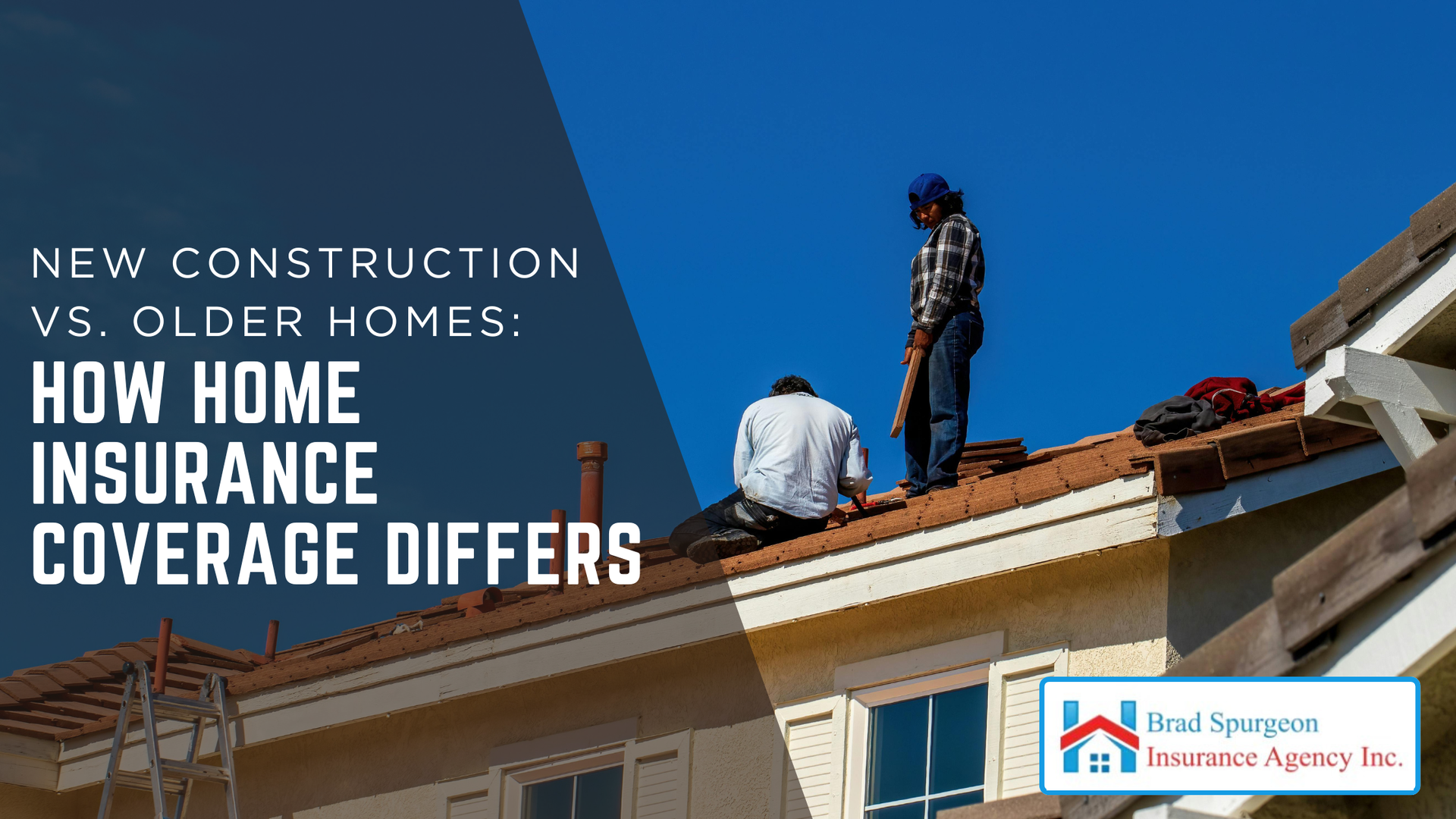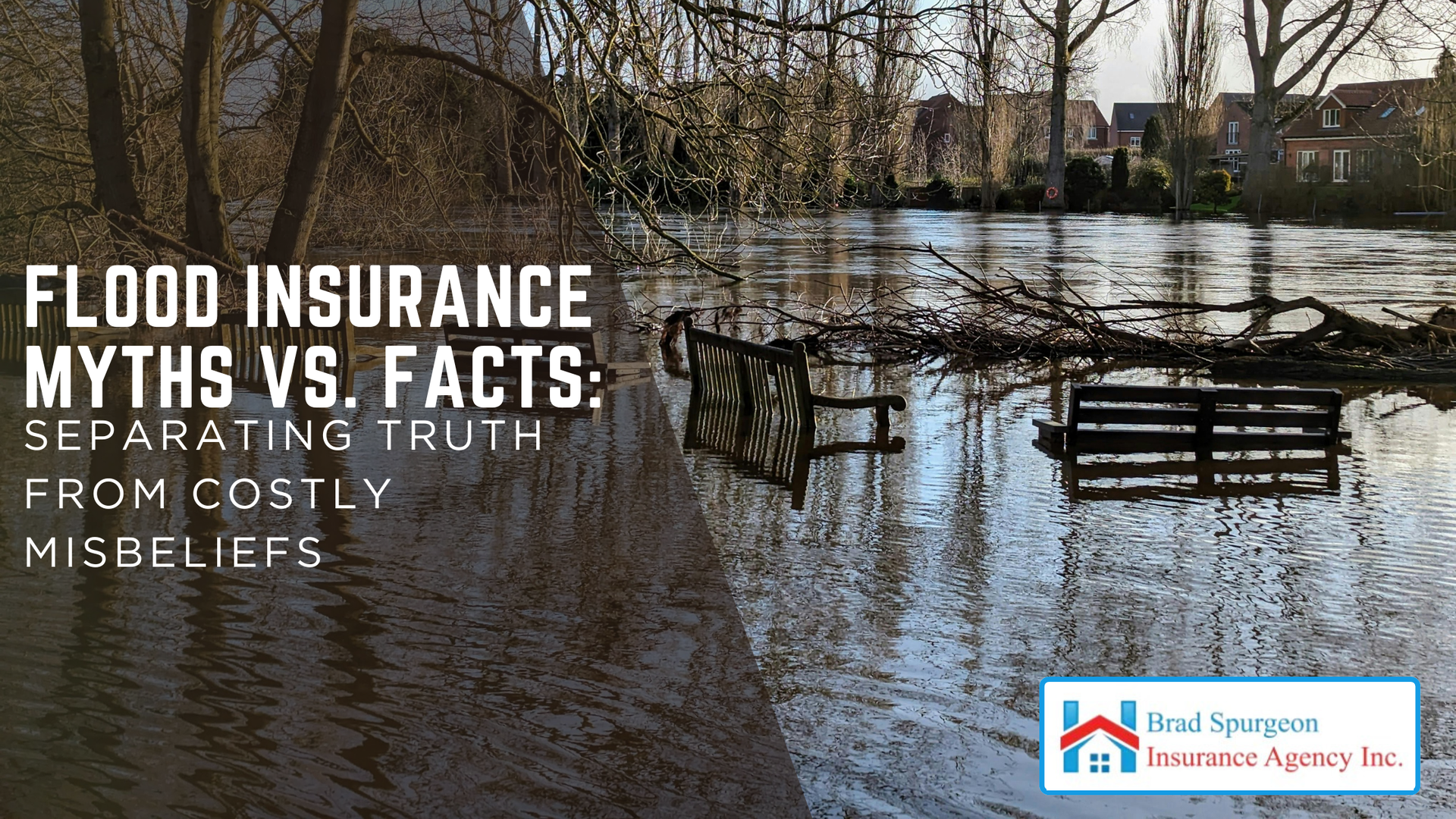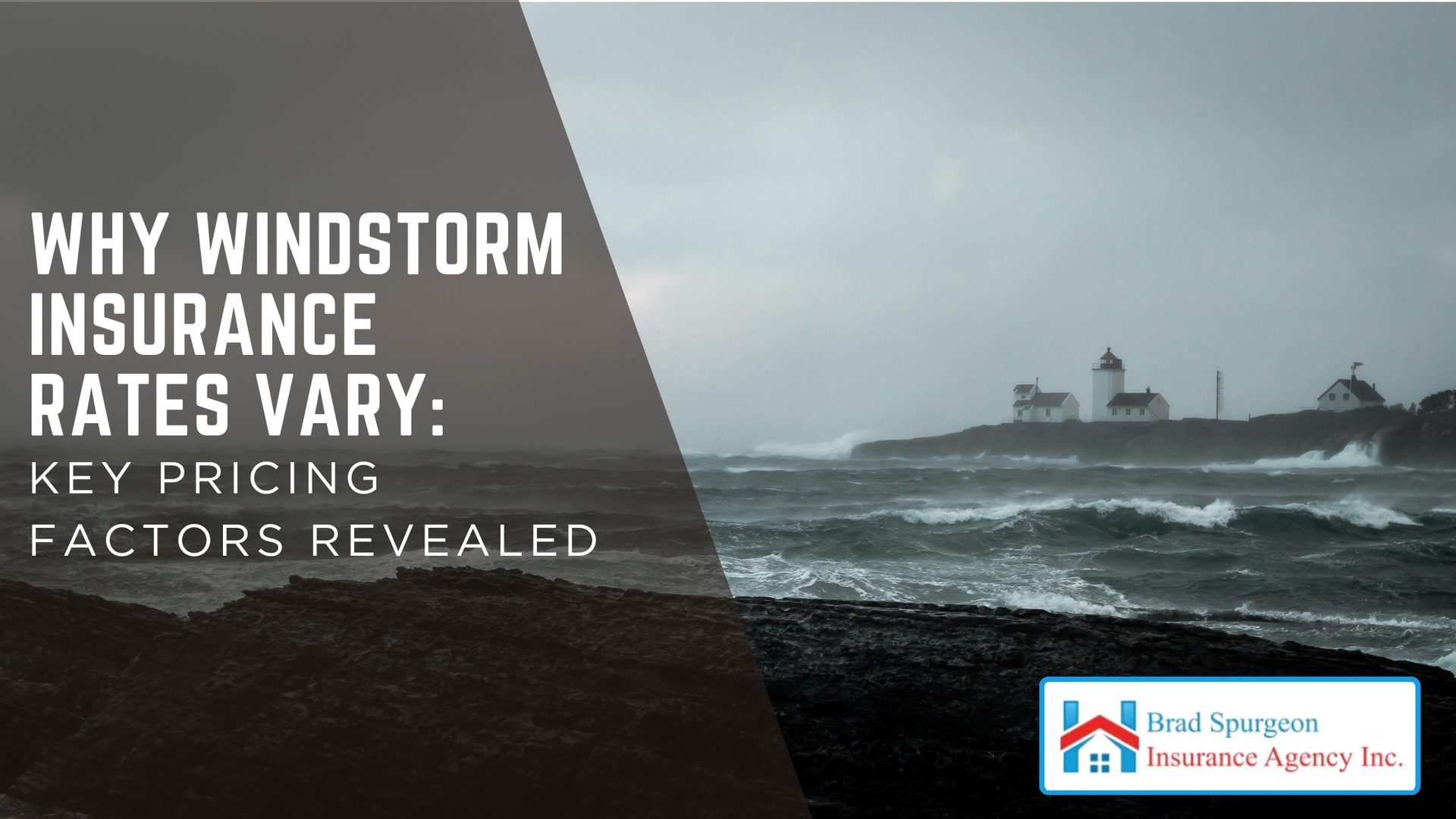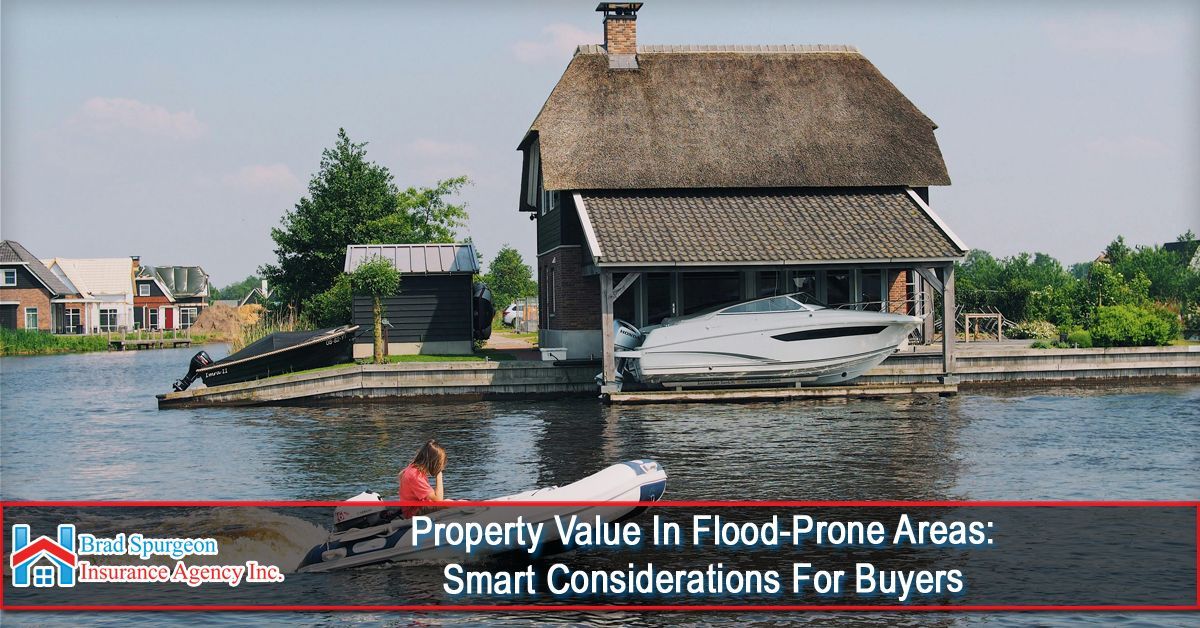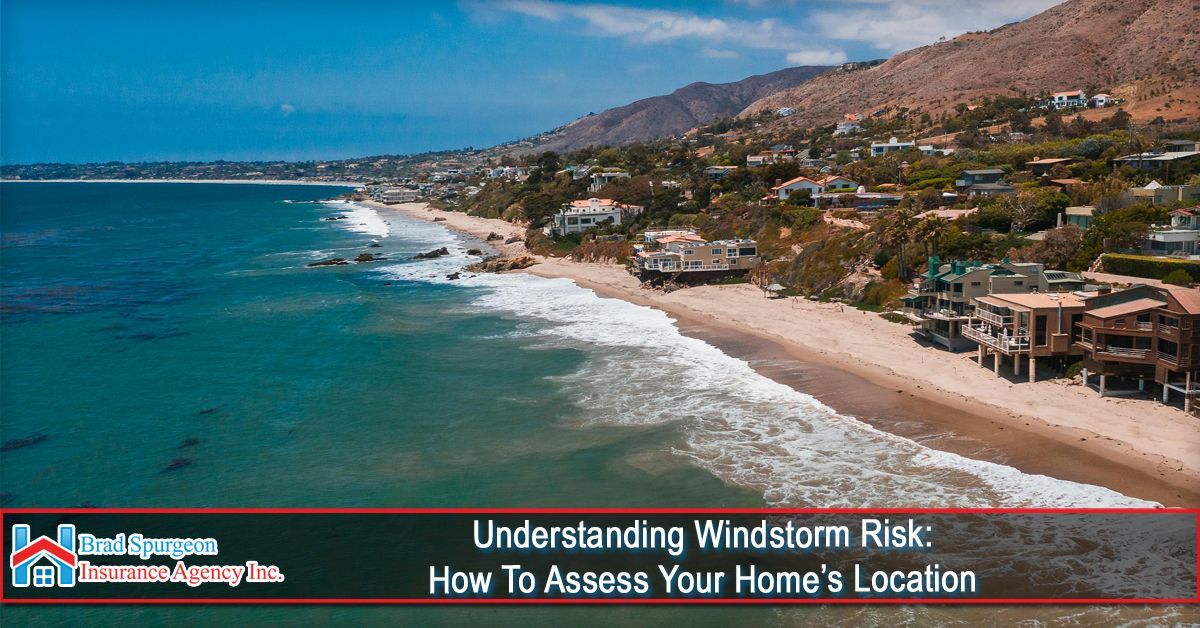
Windstorms can occur without much warning, bringing strong, damaging gusts that can impact homes, property, and local communities. For homeowners, understanding your windstorm risk isn’t just about knowing the weather—it’s about protecting your home, safety, and financial well-being. Whether you live near the coast or inland, certain areas are more prone to wind-related hazards than others. By learning how to assess your home’s location and vulnerability, you can be better prepared and take steps to reduce risk.
What Is Windstorm Risk?
Windstorm risk refers to the likelihood of severe wind events in a specific area. This may include:
- Hurricanes
- Tropical storms
- Tornadoes
- High-wind thunderstorms
- Derechos (large-scale windstorms)
These events can cause:
- Roof damage
- Broken windows
- Fallen trees
- Structural compromise
- Property loss
Assessing your windstorm risk helps ensure your home is reinforced and insured appropriately.
Factors That Influence Windstorm Risk
1. Geographic Location
Your home's location plays a major role. Coastal regions and plains often experience higher windstorm activity.
2. Local Weather History
If your area has a history of hurricanes, tornadoes, or strong seasonal winds, the risk is elevated.
3. Terrain and Surroundings
- Open landscapes allow stronger winds.
- Dense neighborhoods, hills, or forest areas may offer slight shielding.
4. Building Age and Construction
Older homes or those without wind-resistant features are more susceptible to damage.
How to Assess Your Home’s Windstorm Risk
1. Check Local Windstorm Maps
Many state and federal agencies provide hazard maps showing vulnerability levels for specific ZIP codes.
2. Review Historical Weather Patterns
Storm tracking data helps reveal how often severe windstorms have impacted your region.
3. Examine Building Codes and Local Requirements
Areas with higher wind risk often have stricter construction codes—knowing these can help you upgrade accordingly.
4. Inspect Your Home’s Construction Features
Look for:
- Roof type and fastening method
- Window impact protection (shutters or reinforced glass)
- Wall-to-foundation anchoring
- Condition of siding and doors
5. Speak with Local Experts
Contractors, insurance agents, and inspectors can provide insight based on regional trends.
For example, homeowners in Texas City, TX are encouraged to evaluate windstorm protection features because the region experiences seasonal storms and coastal weather patterns that can increase exposure.
Ways to Reduce Your Windstorm Risk
- Reinforce roofing systems
- Install storm shutters or impact-resistant windows
- Trim trees and remove weak branches
- Secure outdoor furniture and features
- Upgrade garage doors to wind-rated models
- Seal gaps to prevent wind uplift pressure
Small improvements can significantly reduce damage during high winds.
Why It’s Important to Have Home Insurance
Even with preparation, no home is completely immune to windstorm damage. That’s why having reliable home insurance is essential.
Key Benefits of Home Insurance:
- Financial Protection:
Helps pay for repairs after wind-related damage.
- Coverage for Personal Belongings: Replaces damaged or lost property.
- Liability Protection: Covers injuries occurring on your property.
- Required by Lenders: Mortgage providers typically require home insurance for loan approval.
Who Home Insurance Best Serves
- Homeowners in storm-prone regions
- Those with valuable property to protect
- Families seeking financial peace of mind
- Anyone concerned about unexpected home repair costs
Home insurance acts as your safety net—ensuring recovery is possible even when nature is unpredictable.
Conclusion
Understanding windstorm risk is an important part of responsible homeownership. By assessing your home’s location, analyzing local climate patterns, and taking steps to secure your property, you can reduce damage and protect your investment. Pairing preparation with the right home insurance ensures that when severe weather does strike, you’re not facing the aftermath alone.
Awareness, prevention, and protection together create a stronger, safer home environment—no matter the forecast.
At Brad Spurgeon Insurance Agency Inc., we aim to provide comprehensive insurance policies that make your life easier. We want to help you get insurance that fits your needs. You can get more information about our products and services by calling our agency at (409) 945-4746. Get your free quote today by CLICKING HERE.
Disclaimer: The information presented in this blog is intended for informational purposes only and should not be considered as professional advice. It is crucial to consult with a qualified insurance agent or professional for personalized advice tailored to your specific circumstances. They can provide expert guidance and help you make informed decisions regarding your insurance needs.
